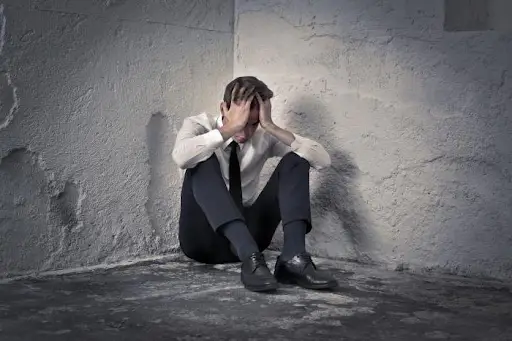Learned powerlessness: disbelief in the future and inability to fight

War leaves more than just obvious scars. It is psychologically traumatic, creating a sense of powerlessness and loss of faith that life can go on after all that has been experienced. This mental state is known as learned helplessness syndrome, and it affects both children and adults. Since the beginning of the full-scale invasion, this problem has become unprecedented.
Psychotherapist Angela Tittel told Ukrayinska Pravda how to recognize learned powerlessness.
Learned or acquired powerlessness syndrome is a condition in which both humans and animals find themselves in circumstances where they have to "wait" for pain, discomfort or oppression and have no way to avoid it.
To understand how learned powerlessness arises, imagine a circus elephant that has been chained to a tree since it was a baby. At first, the animal tries to free itself, but each attempt brings only pain and wounds from the shackles that cut into its skin.
"After weeks of unsuccessful attempts, the elephant stops trying to free itself. The lesson is learned - 'the chain is stronger, and nothing depends on my actions'. Even when the elephant becomes a big and strong elephant that can break the chain without effort, it still doesn't try to free itself - this is the learned helplessness syndrome," Tittel explains.
In people, learned powerlessness is manifested by complete apathy towards life - when attempts to improve it seem futile and the future seems dark. In other words, it is a state where a person constantly lives with their hands down, the psychotherapist emphasizes.
The preconditions for the development of learned powerlessness are usually laid in childhood. Even parents or guardians can "teach" children powerlessness by systematically ignoring or inadequately responding to their needs. Children who have experienced or witnessed psychological or physical violence are at risk. Even teachers can contribute to the development of internalized powerlessness during learning.
If a child puts in the effort but ultimately does poorly on a task, he or she may feel hopeless. After all, parents and teachers scold them for their poor work, negating all their efforts. At such moments, a child loses faith in his or her own abilities, so it is important that adults be able to cope with their feelings first and foremost.









